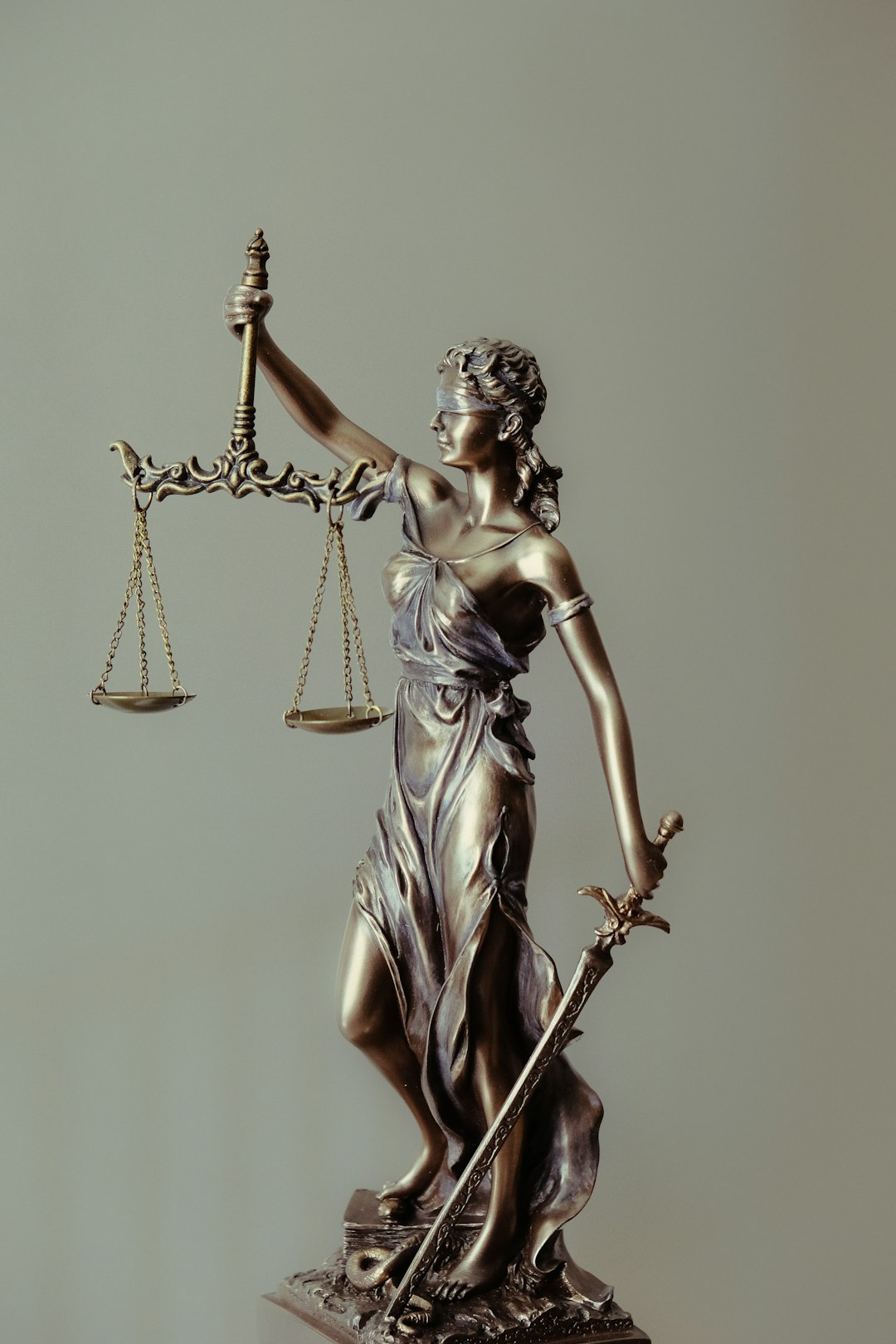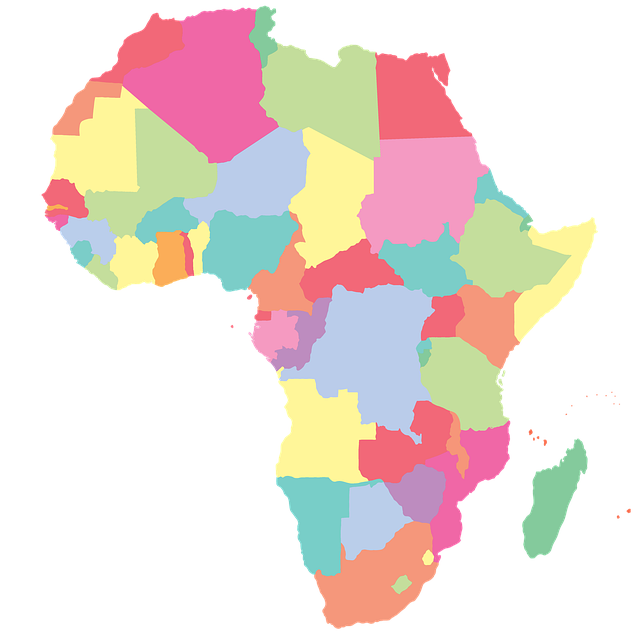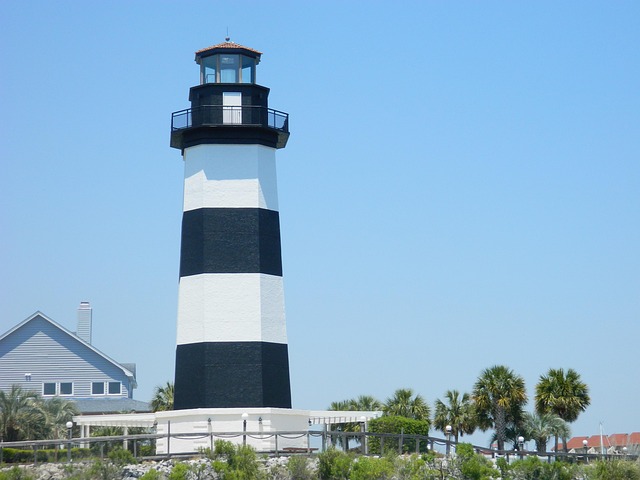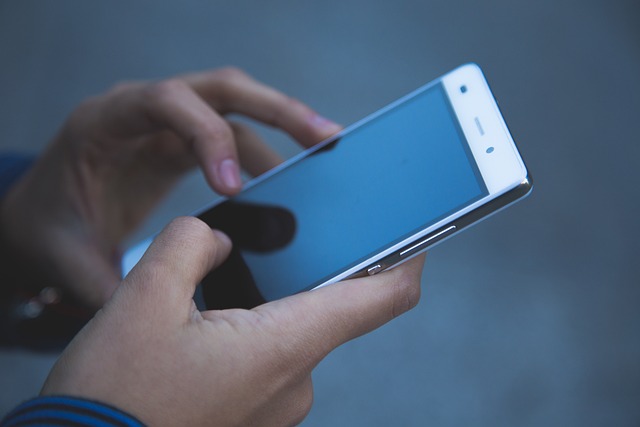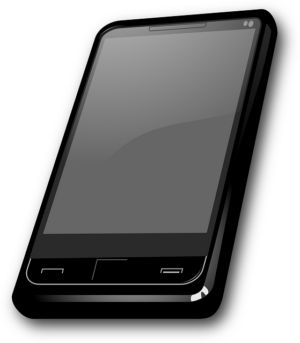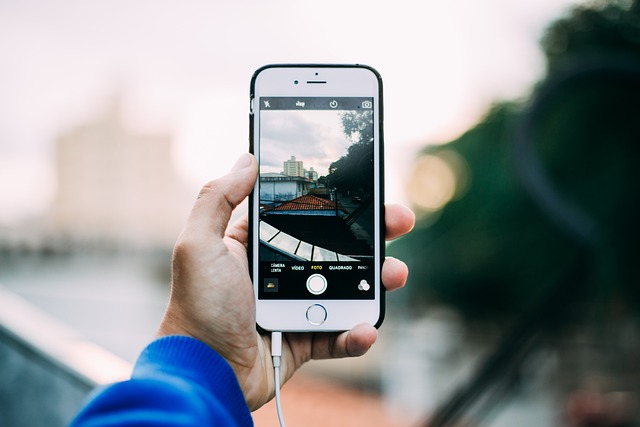Charleston, SC residents face a surge of unwanted robocalls, leading to stress and anxiety. Modern technology facilitates these spam calls targeting businesses and homes, impacting mental health, especially those with pre-existing conditions. The Telephone Consumer Protection Act (TCPA) offers legal protection, prompting locals to consult spam call attorneys in South Carolina for recourse and compensation.
In the digital age, Charleston, SC, like many cities across the nation, has witnessed a surge in robocalls, posing a growing concern for its residents. This article delves into the prevalence of automated phone calls in Charleston, exploring their significant impact on mental health and well-being. We discuss the legal aspects and solutions available to South Carolina residents, emphasizing the importance of understanding one’s rights as protected by law, including seeking guidance from experienced spam call attorneys.
The Prevalence of Robocalls in Charleston, SC: A Growing Concern

In today’s digital era, Charleston, SC residents have noticed a disturbing trend—the surge in robocalls. These automated, often unwanted, phone calls from unknown numbers have become increasingly prevalent, causing concern among locals. Many individuals are left feeling frustrated and anxious due to the relentless nature of these spam calls.
With the ease of modern technology, scammers and telemarketers employ automated dialers to make thousands of calls daily, targeting not just businesses but also private residences. A simple online search for “spam call attorney South Carolina” reflects the growing frustration among citizens who feel powerless against this modern nuisance. Charleston’s status as a vibrant metropolis has unfortunately made it an attractive target for these high-volume calling campaigns, leading to widespread mental health implications.
Mental Health Implications: Stress, Anxiety, and Well-being
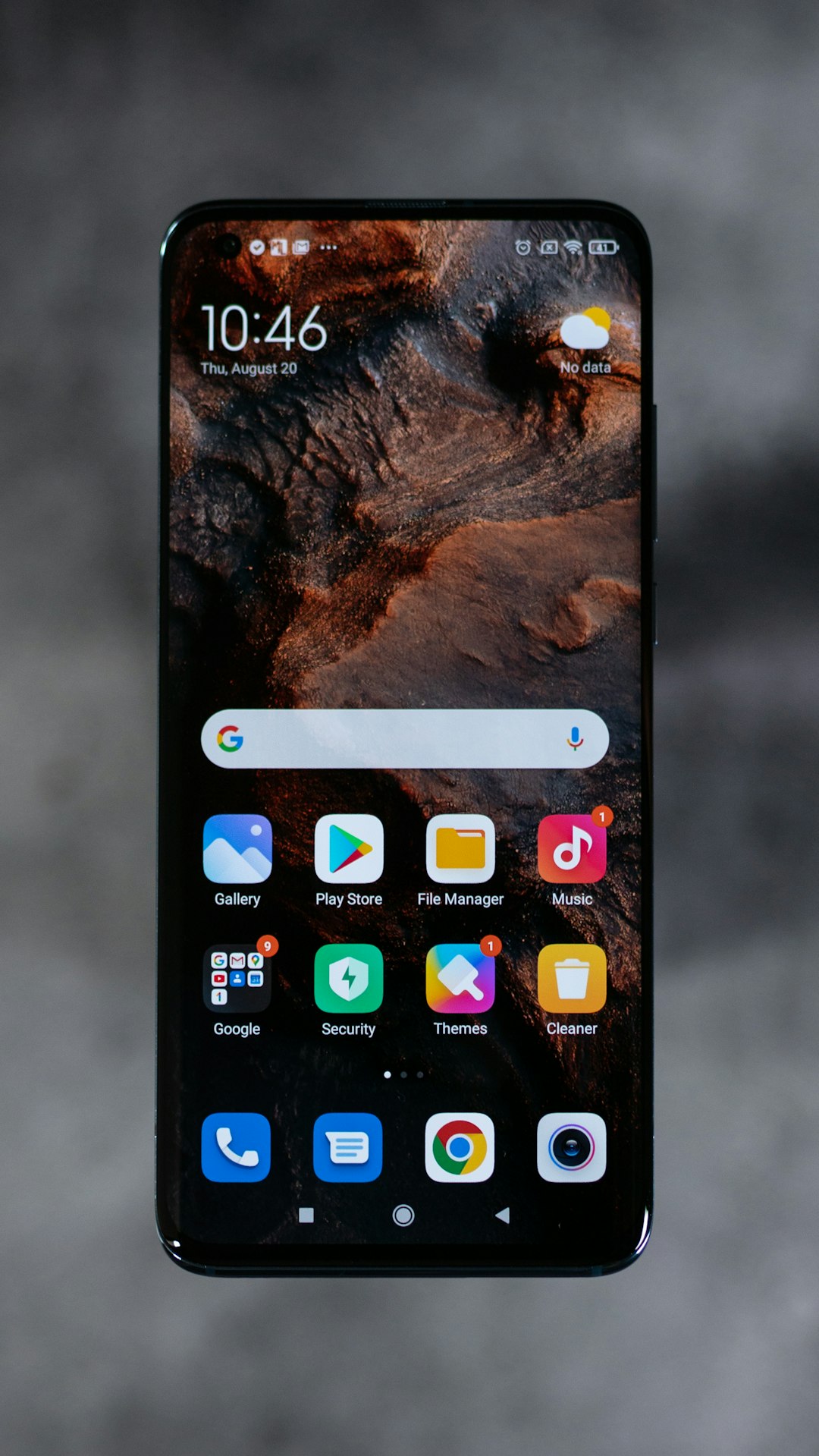
The prevalence of robocalls has significantly increased, leading to a growing concern for public mental health, especially in cities like Charleston, SC. These automated phone calls, often used for marketing or fraudulent purposes, can have detrimental effects on individuals’ well-being. The constant influx of unsolicited calls can induce stress and anxiety, particularly among those already vulnerable or experiencing mental health disorders.
Spam calls disrupt personal time, creating a sense of unease and intrusiveness. They can trigger feelings of irritation, frustration, and even panic, especially when the caller ID displays unknown or blocked numbers. For individuals dealing with depression or post-traumatic stress disorder (PTSD), this constant nuisance can exacerbate their conditions. Moreover, robocalls often spread misinformation or create a sense of urgency, potentially leading to hasty decisions and increased levels of stress and anxiety among recipients. A spam call attorney in South Carolina might also suggest that the legal implications of such calls further add to the mental health burden for some individuals.
Legal Aspects and Solutions: Finding Relief as a South Carolina Resident
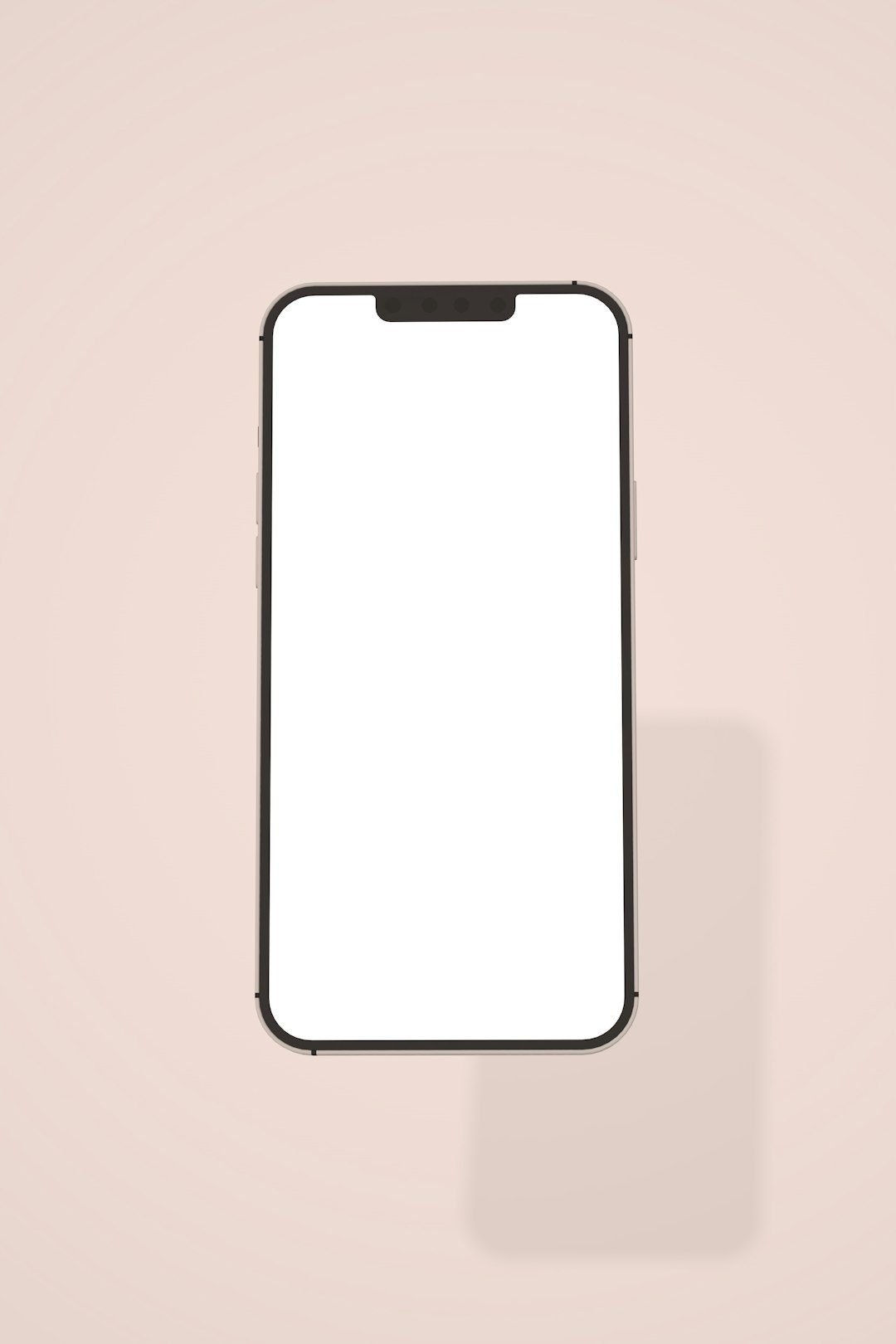
In South Carolina, like many states, robocalls are regulated by laws designed to protect residents from unwanted and fraudulent calls. The Telephone Consumer Protection Act (TCPA) prohibits automated or prerecorded calls to cellular phone numbers unless the caller has obtained prior express consent. Residents can take action against spam call attorneys in Charleston, SC, who make these illegal calls, seeking compensation for emotional distress and other damages.
If you’re a South Carolina resident experiencing persistent robocalls, it’s advisable to consult a spam call attorney. They can guide you through legal options like filing a complaint with the Federal Communications Commission (FCC) or pursuing litigation against the offending callers. These measures not only offer potential financial relief but also send a strong message that such invasive practices won’t be tolerated.
